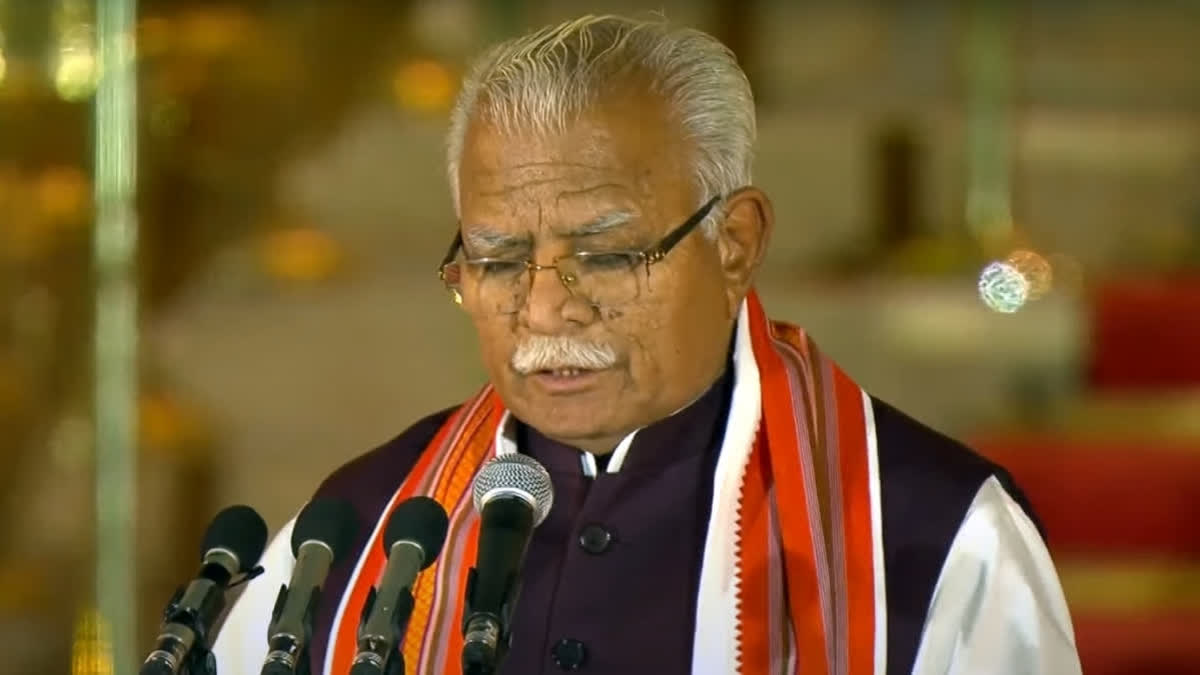Gandhinagar: Indian cities must become more adaptive, connected and resilient to meet the ever-growing demand for different urban transport, Union Minister Manohar Lal Khattar said on Sunday. The Union Minister for Power, Housing and Urban Affairs was addressing the valedictory session of the 17th Urban Mobility India Conference and Expo here.
Solutions to urban mobility should be inclusive and keeping the most vulnerable in mind, because mobility is not just about access to transportation but about access to opportunities, whether they are economic, social or educational, Khattar asserted.
"The issue of urban mobility is not just about moving people from Point A to point B. It is about creating systems that are sufficient, efficient, sustainable, and most importantly, equitable. It is about improving the quality of life for every citizen, whether they live in the bustling metropolitan centres or smaller towns," he said.
"The demand for different urban transport is ever growing. With expanding urban populations, the pressure on our infrastructure will only increase. Our cities must become more adaptive, more connected and more resilient. We must embrace technology and innovation to address the complexities of urban mobility and to ensure our policies reflect the aspiration of every citizen," he said.
The government is accelerating the adoption and manufacturing of hybrid and electric vehicles, particularly under PM E-Bus Seva, improving public transport infrastructure and promoting non-motorized forms of transport like cycling and walking, as well as investments in the metro rail system, he said.
"In the last 10 years, more than 725 kilometres of metro rail network have been operationalised. The operational metro network, which was 248 kilometres in five cities in 2014, now stands at 989 kilometres in 23 cities. Another 974 kilometre is under construction. Our metro network, in terms of length, stands third after China and USA. Soon, it will surpass that of the US and become second," the minister said.
The National Common Mobility Card envisioned by Prime Minister Narendra Modi has become a reality, and presently most metro systems in the country have already migrated to it, Khattar informed. Khattar said one of the key takeaways from this conference has been the need for the standardisation of public transport, particularly the capital intensive metro rail projects.
"The scale of transformation required in urban mobility cannot be underestimated and achieved in isolation. We need a holistic government approach, where ministries, state authorities, local bodies and industry players work hand in hand to create solutions that are both scalable and sustainable," he said.



